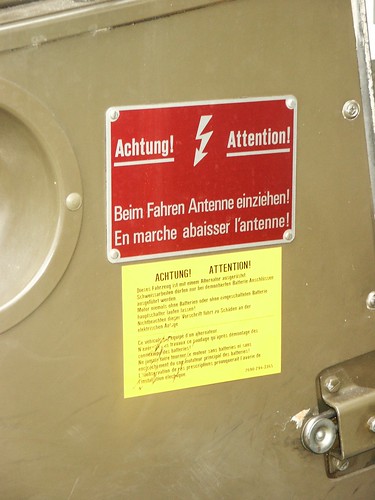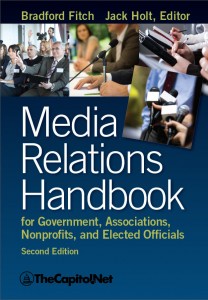Public relations professionals have an array of tools for attracting media attention. One of those tools is the press advisory. The press advisory is somewhat different from the press release, both in format and goal.

The goal of the press advisory is to notify the press of an occurrence or event you want them to cover. Press advisories can be issued as far in advance of an event as necessary. Your ultimate goal is to have reporters place events on their calendars or within their futures file so they can plan accordingly to attend and cover the event. As a general rule of thumb, if you issue a press advisory more than one week in advance, it is a good idea to conduct a follow-up advisory one or two days before the event to ensure reporters have not forgotten about it.
The format of a press advisory is also much simpler than a  press release. The headline of an advisory should be clear and concise, consisting of no more than two paragraphs. Key information should be given in summary form and include the event, time, place and subject of the event. It can be a challenge to provide enough information in the advisory to entice the media to cover it, while at the same time holding back enough information to ensure you do not inadvertently scoop yourself.
press release. The headline of an advisory should be clear and concise, consisting of no more than two paragraphs. Key information should be given in summary form and include the event, time, place and subject of the event. It can be a challenge to provide enough information in the advisory to entice the media to cover it, while at the same time holding back enough information to ensure you do not inadvertently scoop yourself.
When writing an advisory, provide information on what reporters can expect if they decide to attend the event. When appropriate, also include background information on the organization staging the event. Also use your web site to provide additional information.
Include a note that information within the advisory is not to be released. While this may be generally understood, it is always better to be certain rather than to have information released that you did not intend to have publicized.
Reference: Media Relations Handbook, by Brad Fitch, Section 2.7 Press Advisory
For more than 40 years, TheCapitol.Net and its predecessor, Congressional Quarterly Executive Conferences, have been teaching professionals from government, military, business, and NGOs about the dynamics and operations of the legislative and executive branches and how to work with them.
Our custom on-site and online training, publications, and audio courses include congressional operations, legislative and budget process, communication and advocacy, media and public relations, testifying before Congress, research skills, legislative drafting, critical thinking and writing, and more.
TheCapitol.Net is on the GSA Schedule, MAS, for custom on-site and online training. GSA Contract GS02F0192X
TheCapitol.Net is now owned by the Sunwater Institute.
Teaching how Washington and Congress work ™

